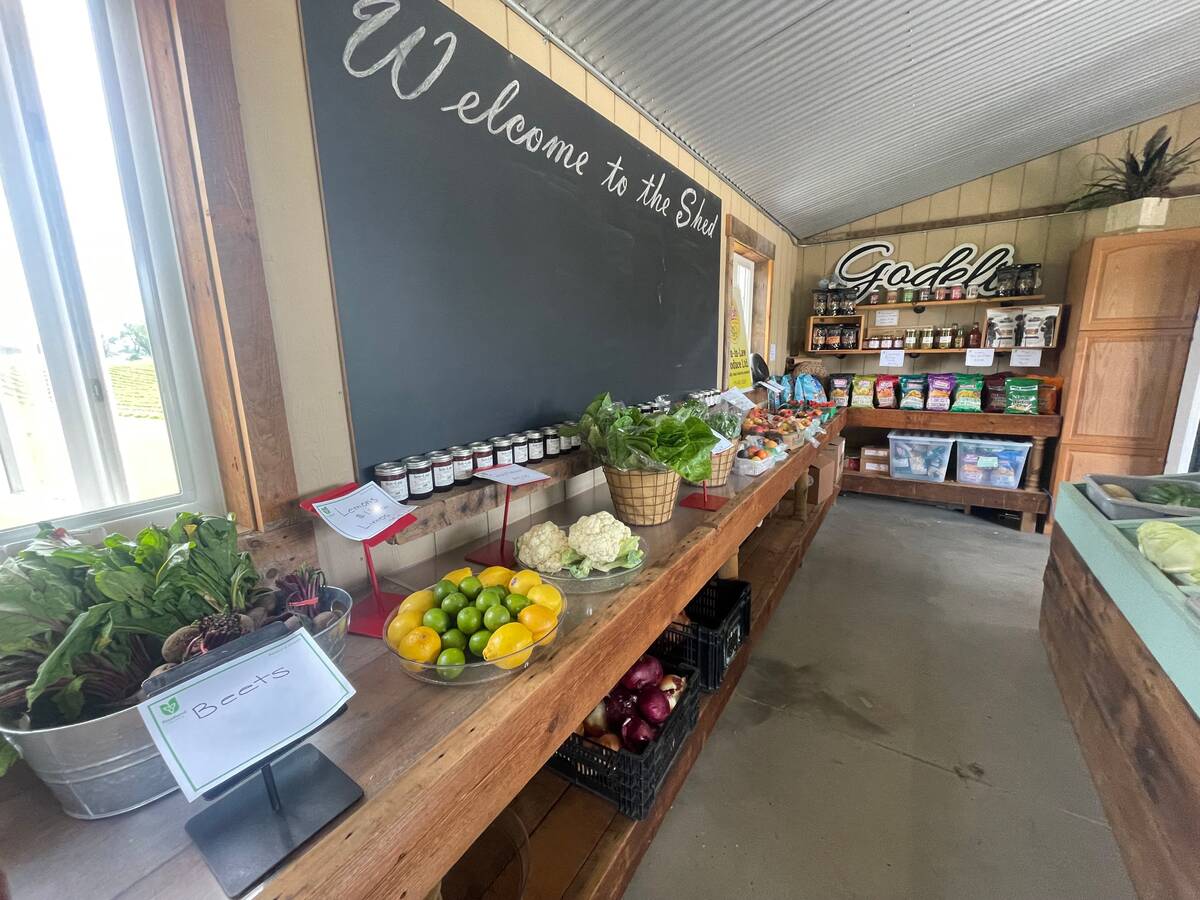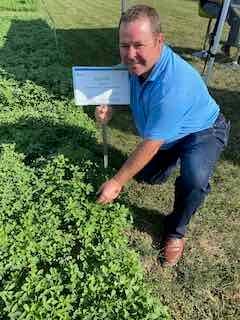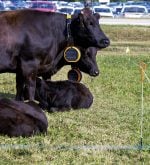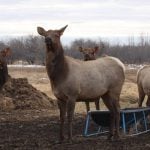Seed suppliers at Canada’s Outdoor Farm Show 2025 say coping with prolonged heat and drought is a long game with no quick solutions for Ontario farmers.
Scott Fisher, western Ontario sales manager at DLF, said his company is “always pushing the envelope” to establish more drought-resistant offerings. He noted, however, that with a seven- to nine-year development cycle, it can take years to find solutions for current drought issues.
“There is not a whole lot you can do,” said Nathan Harris, eastern Ontario area supervisor. He added one of the best ways to mitigate losses is to build organic matter in an effort to improve soil quality.
Read Also

Ontario farms are a small business backbone but red tape delays and obstacles hinder growth
Farms are part of Ontario’s small business backbone, whether Ontario-grown livestock, grains or horticulture foods and farm products are bought on-farm, at a local market, or at the local store.
He said, “farming practices will have to adapt” to long-term poor growing conditions as droughts become a more regular occurrence.
Elgin MacFarlane, eastern Ontario and Atlantic region sales manager for DFL, noted that this year’s poor yield will have an effect on feed for cattle.
“It’s going to take more acres to feed livestock. Farmers are going to be keeping more inventory,” he said, adding that the drought will also likely cause the price of hay to spike heading into the fall.
Test plots at the Canada’s Outdoor Farm Show site showed that there are some steps farmers can take to help reduce yield losses. Olive Noorenberghe, a sales agronomist with Pride Seeds, noted that the stage of growth and condition in which a plant experienced drought conditions determined the effect those conditions had on growth success.
She noted plants that were grown with fungicide application saw better yields than plants that did not have an application.
A healthy seedbed also played a significant role in crop health.
“A nice seedbed with good roots helped combat some drought,” she said, adding that the deeper the roots can reach, the better access they will have to water.
At the De Dell booth, a seed company specializing in non-GMO seeds and organic hybrids, dealer Tom Slumskie said research is being done around the world to develop drought-resistant plants.
“It can take seven years to bring a hybrid into existence,” he said, adding that his company is doubling up yearly planting efforts in places like Mexico and Chile to explore the ability to enhance yields.
He noted that drought-resistant plants are in high demand this year, with companies like Greenfield Global, a manufacturer of fuel ethanol, industrial alcohol, and distillers’ grain near Tiverton, offering a $1 bushel premium.
Looking to the future, he added that nature will be the factor dictating the progress of drought-resistant crops.
For more of our coverage from Canada’s Outdoor Farm Show, visit our landing page.













